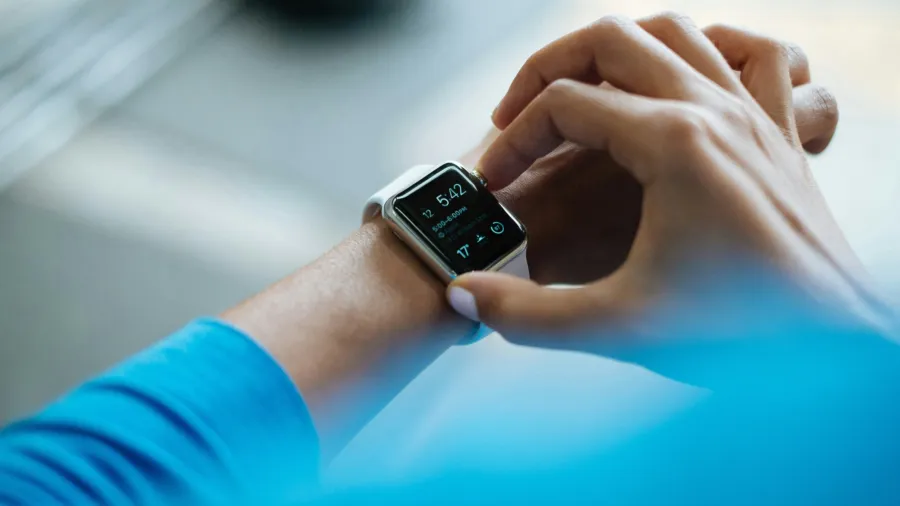
Digital biomarkers market to soar to $43.3B by 2034
It will be driven by the rising prevalence of chronic diseases and advancements in digital health technologies.
The global digital biomarkers market, valued at $2.1b in 2023, is forecasted to skyrocket to $43.3b by 2034, marking a compound annual growth rate of 31.4% from 2024 to 2034, Transparency Market Research reported.
Key drivers include the rising prevalence of chronic diseases and advancements in digital health technologies.
Digital biomarkers, which encompass objective, quantifiable physiological data collected and analysed through digital devices or platforms, are becoming integral in providing insights into an individual's health status, disease progression, and treatment responses.
A primary factor propelling this market is the increasing global burden of chronic diseases such as diabetes, cardiovascular ailments, respiratory disorders, and mental health issues. These conditions are placing unprecedented strain on healthcare systems worldwide. Digital biomarkers offer a non-invasive, convenient method for remote health monitoring, enabling early disease detection and personalised treatment strategies.
The surge in wearable devices, mobile health applications, and remote monitoring technologies has further catalysed the adoption of digital biomarkers. These innovations facilitate continuous tracking of vital signs, physical activity, sleep patterns, medication adherence, and other health metrics. Leveraging data analytics and artificial intelligence, healthcare providers can extract actionable insights from digital biomarkers, resulting in more informed clinical decisions and enhanced patient outcomes.
Additionally, the COVID-19 pandemic has further accelerated the demand for telemedicine and remote patient monitoring, making digital biomarkers essential for modern healthcare.
Pharmaceutical companies are also using digital biomarkers to monitor drug efficacy and safety in clinical trials and to streamline drug development.
Despite challenges such as data privacy, regulatory hurdles, and interoperability issues, the market is set for rapid growth with ongoing technological innovations and a focus on preventive and personalised healthcare.



















 Advertise
Advertise






